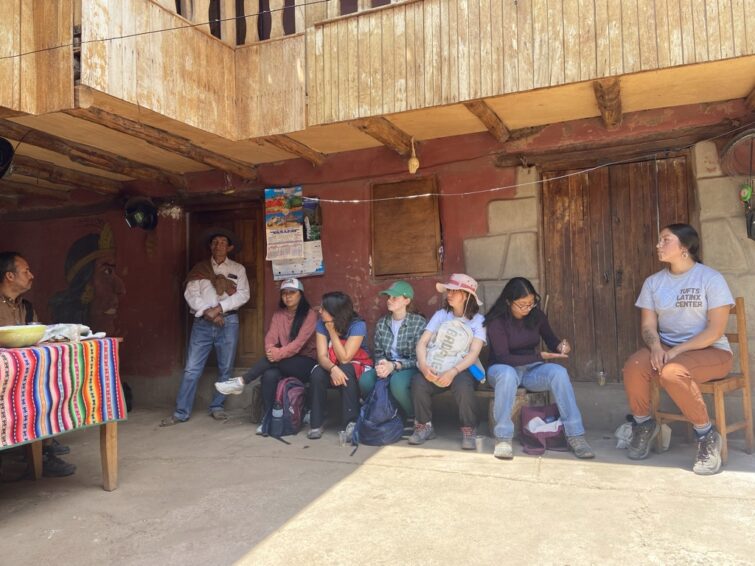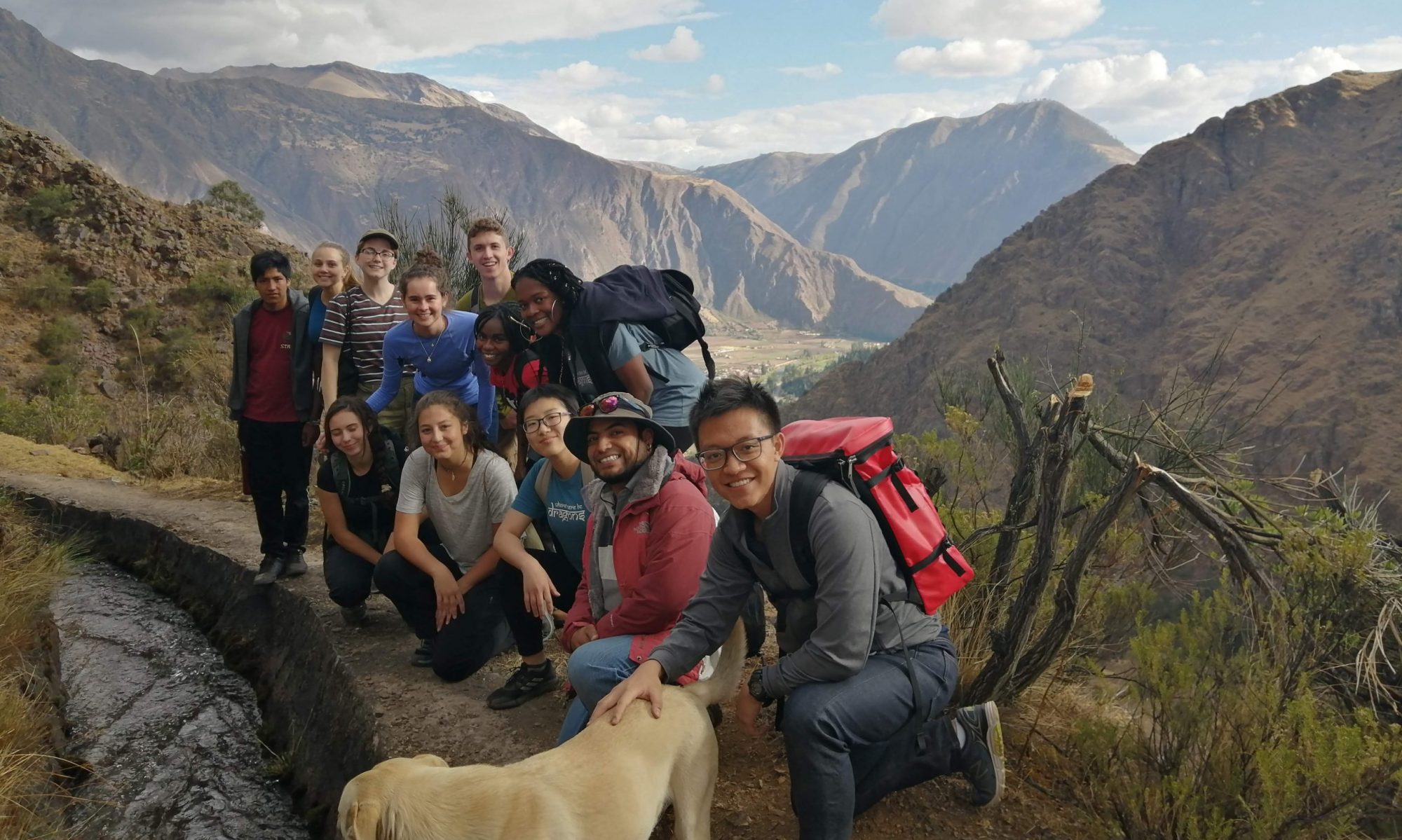by Ella, Civic Semester Participant

After almost three weeks in the Sacred Valley, it’s become clear that there are hundreds of non-governmental organizations (NGOs) that have planted their roots in these communities, aiming to positively impact lives. Each of these organizations has a distinct mission with very different backgrounds, goals, and staff. We won’t have the opportunity to learn about or interact with the majority of these NGOs, but through the Civic Semester, we will be able to immerse ourselves in two each week.
Of the organizations that we’ve visited so far, two of the three have been international—meaning that the founders, funding, and majority of the staff aren’t from Peru, or even from South America. We’ve done a lot of reflecting on what this means for the organization, and for the impact. We carefully noted whether or not local people are hired on decision-making teams and questioned how this step might change an NGO’s impact.
The Sacred Valley is home to 65,000 people. It’s rich in natural resources, in agricultural opportunities, in generational and ancestral knowledge, in community values. We are surrounded, literally and figuratively, by resources and wealth in different forms.
Because of this, one question continues to nag at our group—a question that Pablo Moreno (one of our instructors) has pushed us to think about with every organization visit.
If the Sacred Valley is so rich, why are these organizations needed here?
Why must these international NGOs come in and support the communities here? What would happen if every international organization left the valley—would the economy take a hit, and then grow back stronger? What and who decides what is needed? Are the monetary resources that organizations bring beneficial long term, or are they creating dependence?
These are questions that we’ll continue to think about and apply to each NGO. It’s very possible there isn’t an answer, but regardless it’s an incredibly complex situation. As Pablo always says: question everything, always.
